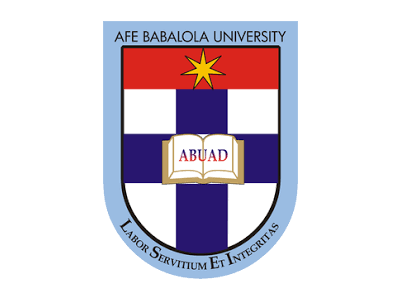 The news of the court action between an actress, Ann Njemanze, and the producer of the movie, Domitilla, is agog in the Nigerian entertainment industry. In sum, having acted in the 1996 movie, she was approached for a role in the sequel, Domitilla: The Reboot, but the parties could not agree based on remuneration.[1] Subsequently, the producer went ahead to make the movie. Now she is suing for trademark infringement since she has registered the trademark ‘Domitilla’ in her name. Although the case is still in court, it brings up certain issues for analysis for intellectual property rights particularly questions of ownership of copyright and trademarks and where these two conflicts.
The news of the court action between an actress, Ann Njemanze, and the producer of the movie, Domitilla, is agog in the Nigerian entertainment industry. In sum, having acted in the 1996 movie, she was approached for a role in the sequel, Domitilla: The Reboot, but the parties could not agree based on remuneration.[1] Subsequently, the producer went ahead to make the movie. Now she is suing for trademark infringement since she has registered the trademark ‘Domitilla’ in her name. Although the case is still in court, it brings up certain issues for analysis for intellectual property rights particularly questions of ownership of copyright and trademarks and where these two conflicts.
By section 10 of the Nigerian Copyright Act 1988 (CA), the first ownership of copyright vests in the author. In the case of a (cinematograph) film, this is the person who made arrangements for making the film, in the absence of any agreement to the contrary (section 51, CA). This usually refers to the producer of the film. Hence, the copyright in Domitilla is owned by the producer. However, it is established that copyright does not protect single words, phrases, titles, trade names among others[2] as such are better protected through trademark law.
Ownership of trademarks under the Nigerian Trade Marks Act 1965 belongs to the proprietor who registered the trademark at the Trade Marks registry, in this case, Ann. The question then is whether the trademark registration ought to have been done by the producer who owns the copyright in the movie or the actress who brought to life the character of Domitilla in the movie and has since been associated with the name?
Can her trademark registration be said to have been done in bad faith as Zeb Ejiro claims she registered the TM ‘behind his back’? Where the trademark registration was made upon her knowing about the plan to make the sequel, such registration would be in bad faith. Although the law does not expressly provide for this ground, a trademark can be cancelled or opposed on the basis of bad faith which is usually pled with other statutory grounds. In addition, deceptive marks are not registrable under the Act (section 11 TMA). Can the trademark registration be considered deceptive knowing that she was indeed associated with this name and acted in the movie? There is no likelihood of confusion for the public since they associate the actress with the name.
A leeway for the director is the provisions of section 7 of the TMA which provides for saving for vested rights. A proprietor or registered user of a TM shall not be entitled to ‘interfere with or restrain the use by any person of a trademark identical with or nearly resembling it’ in relation to goods to which the person or predecessor in title has continuously use the trademark from a date previous to the use or registration of the first mentioned TM. In this case, Ann may not be able to prevent the director from using this trademark in relation to the movie.
This case raises the question whether there ought to be provisions in the respective IP laws indicating the relationship between TM registration and copyright. Under the Companies and Allied Matters Act (CAMA 2020), the memorandum and articles of a company shall not be registered where the proposed name conflicts or is likely to conflict with a trademark registered in Nigeria. This creates a link between trademark registration and company registration. Should there be such a similar link between copyright and trademarks? This may however be difficult since copyright does not need registration and the copyright notification system wherein copyright owners ‘register’ their works with the Nigerian Copyright Commission is a voluntary process.
While we await the decision of the court in this regard (if it does not get settled out of court), another take home is the importance of tidying things up through effective contracts. Questions of ownership of intellectual property rights should be dealt with effectively once parties are involved in creative and other intellectual works. This is probably the most important lesson for all in the IP, Entertainment and Creative Industries.
Written by Dr. Ifeoluwa A. Olubiyi, Associate Professor of Law, Afe Babalola University, Nigeria
[1] https://www.pulse.ng/entertainment/movies/ann-njemanze-demands-naira50-million-from-zeb-ejiro-over-domitilla-the-reboot/2eg649n
[2] Exxon Corporation and Ors v. Exxon Insurance Consultants Ltd [1982] Ch. 119











